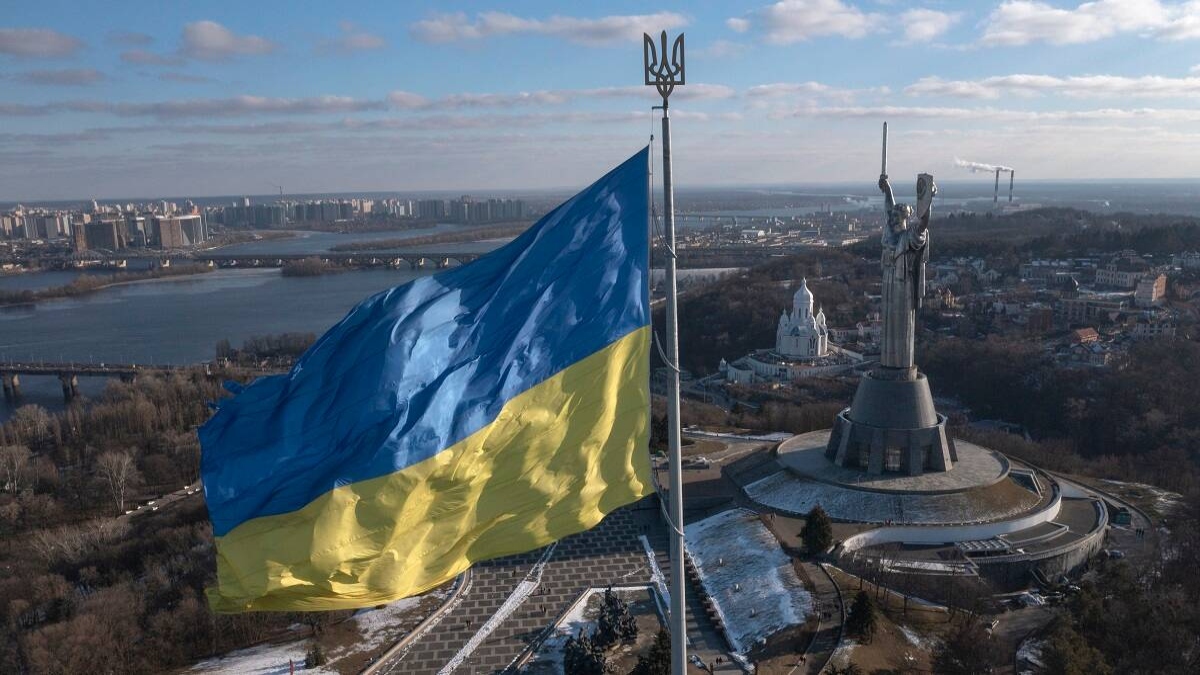


During his tour of Europe beginning 1 May, Prime Minister Narendra Modi in all bilateral meetings in Germany, France and Denmark will emphatically explain India’s “non-aligned” position on Ukraine, emphasising once again that New Delhi is strongly in favour of immediate cessation of hostilities and diplomatic resolution of the problems between Russia. “PM Modi will tell the German Chancellor, French President and other leaders in Denmark that there is no other alternative to what India has been suggesting since the problems began,” top officials told The Daily Guardian. “These European countries which have already accepted India’s Ukraine stance are not going to press New Delhi again to be on their side on the Ukraine conflict during PM Modi’s visit,” sources added.
While briefing the media on PM’s Europe visit, Foreign Secretary Vinay Kwatra gave ample hints about what PM Modi’s perspective on Ukraine is going to be like during his bilateral interactions with the leaders of the three European countries. “India’s position on Ukraine has been amplified at various fora—on cessation of hostilities, and that the path to resolution of the conflict is through diplomacy and dialogue. PM Modi will exchange India’s perspective on Ukraine during his visit,” Kwatra said. Sources said, “PM Modi’s message to the European leaders will be that any stand other than what India is suggesting will add to the challenges for the entire world.”
While issuing a departure statement before leaving for Germany, PM Modi said, “My visit to Europe comes at a time when the region faces many challenges and choices. Through my engagements, I intend to strengthen the spirit of cooperation with our European partners, who are important companions in India’s quest for peace and prosperity.” PM Modi referred to the challenges of the region and also spoke about what his focus is going to be on. Analysts say that PM Modi will walk a fine line between building much stronger ties with European countries and maintaining India’s “non-aligned, undiluted and unchanged” stand on the Ukraine conflict. “This is what PM Modi has signalled about in his departure statement,” sources say.
In what buttresses this point, Foreign Secretary Kwatra remarked, “The principal purpose of the Prime Minister’s visit is for India to continue to strengthen its multifaceted relationship with the three countries.”
PM Modi will be embarking on a three-nation European visit from 2 May, where he will review the gamut of relations with Germany, Denmark and France. His first stopover will be in Berlin at the invitation of German Chancellor Olaf Scholz. The next city where the Prime Minister will have a series of engagements will be Copenhagen from 3-4 May at the invitation of Danish Prime Minister Mette Frederiksen. On the way back to India, the Prime Minister will make a brief stopover in Paris for a meeting with President Emmanuel Macron.
He will meet German Chancellor Olaf Scholz in Berlin where he will discuss the bilateral issues and take part in the 6th India-Germany Inter-Governmental Consultations. On 3-4 May, he will meet Prime Minister Frederiksen to discuss “Green Strategic Partnership” and other bilateral issues. He will also attend the India-Nordic summit.
What is also important is that PM Modi’s visit to Europe comes days after External Affairs Minister S. Jaishankar gave a blunt message to the West including European countries on the Ukraine crisis. During an interactive session at the Raisina Dialogue, S. Jaishankar had categorically pointed out that Europe’s invocation for global unity in protecting the rules-based order in the wake of the Russian invasion in Ukraine is selective, with no such visible outrage when Afghanistan was thrown under the bus or in the face of other geopolitical challenges in Asia. Sources say that with enough messages having been given to the Western countries on the Ukraine conflict, there is no possibility of the three nations where the PM is going pressing India to change its stand on Russian invasion. “France and Germany have already signalled that they are keen to make ties with India stronger in strategic and other fields,” sources added. However, leaders of France, Germany and Denmark will put their perspective on Ukraine.
PM Modi will hold meetings, bilateral as well as multilateral, with eight world leaders from seven countries. He will also be having an interaction with 50 global business leaders. He will also interact with thousands of members of the Indian community.